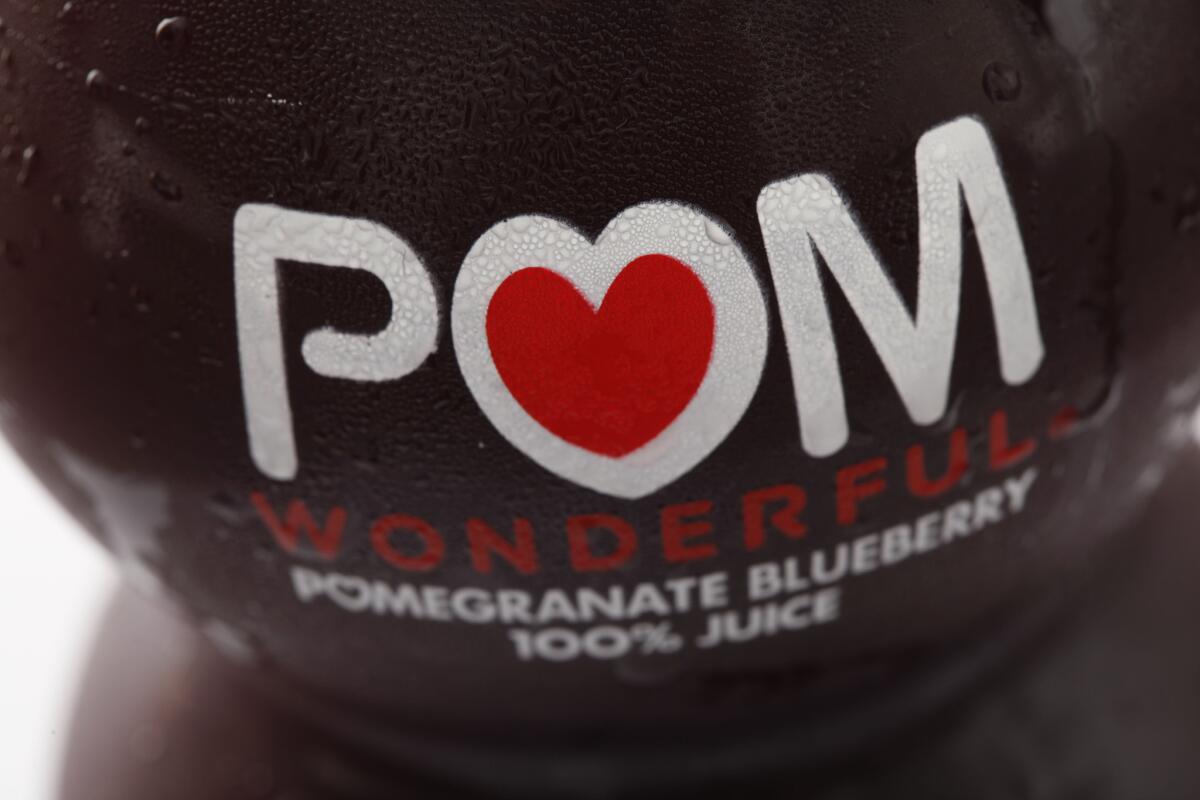Food makers’ health claims are hard to swallow

A few years ago, Kellogg Co. embarked on an ad campaign to convince parents that eating Frosted Mini-Wheats cereal would make star students of their children, with higher levels of attention and memory. “Clinical studies” — a revered term — showed that a breakfast of the cereal improved children’s attentiveness by “nearly 20%,” the ads said.
There are studies, and then there are studies. This one, sponsored by Kellogg itself, compared children who ate its cereal with those who ate no breakfast at all. So it was misleading to the extent that it suggested that Frosted Mini-Wheats were better at improving attention than any other sort of breakfast. What’s more, as the Federal Trade Commission noted, the study’s findings were misused in the ads. In fact, half the children showed no improvement by eating the cereal, and attentiveness went up by 20% or more in only 1 in 9.
Parents, meanwhile, swallowed the message whole until the FTC demanded that the ads be changed. Kellogg complied.
Americans are searching food shelves these days for fountains of youth and antidotes to disease. In ways, this has been a healthy turn. People are more aware that nutritious food and exercise have real and important health benefits. But it also means, as “The Omnivore’s Dilemma” author Michael Pollan has written, that we tend to think of foods as repositories of certain nutrients rather than as wholesome things to eat. Food companies cash in on that perception by advertising processed, packaged foods as containing antioxidants or omega-3 fatty acids, substances we’ve heard are good for us — though the recent research regarding both of those has been less heartening. Think fortified Girl Scout cookies touted as a “delicious way to get your vitamins” rather than a sugar-filled snack. (The Food and Drug Administration is looking into whether such claims about this and other snacks mislead people into thinking that they’re wholesome.)
Food and supplement companies can advertise that their products are healthful as long as it’s true and the ads don’t mislead consumers, and as long as they don’t claim their products prevent or treat certain illnesses. Only drugs cure disease, and claims about their efficacy are subjected to higher scrutiny than those about food.
There’s a lot of hype. Clinical studies, some less valid than others, are as common these days as free radicals.
The federal government is aggressively challenging some of the claims made by food companies. In addition to the action against the Frosted Mini-Wheats ads, the FTC also has been embroiled in a years-long dispute with the maker of Pom Wonderful over ads that claimed the pomegranate juice and related products could prevent, treat or reduce the risk of prostate cancer, heart disease and erectile dysfunction. If it wants to make these specific claims, the FTC said, parent company Roll Global must come up with more substantial evidence — in the form of a couple of randomized trials — than it has so far.
The Los Angeles-based company is appealing the FTC decision on several grounds. It says it gave consumers the relevant qualifying information, including describing studies as “initial” or “hopeful,” and that its free-speech rights are being trampled because “potentially misleading” commercial speech cannot be prohibited.
The deciding issue in all such cases should be relatively simple: What would consumers think? In the case of the Frosted Mini-Wheats, they would believe that a child with attention problems would show a big improvement with a switch to that particular cereal. Pom’s ads suggested it would require just one glass a day to “ace your EKG” and “amaze your cardiologist.” Another ad offered the hopeful message: “Death is so dead.... Pom Wonderful has more antioxidants than any other drink and can help prevent premature aging, heart disease, stroke, Alzheimer’s, even cancer.” These are very ambitious claims, as opposed to saying simply that Pom is healthful and loaded with antioxidants. It seems reasonable to conclude, as the FTC did, that consumers would expect these measurable results simply by drinking a certain amount of the juice.
In this era of vitamin-enriched this and antioxidant-infused that, buyers must beware. It shouldn’t take government intervention for consumers to realize that Girl Scout cookies aren’t healthful. But the public also has a right to expect that, when it comes to specific claims about major illnesses, there are consumer protections in place to limit what food companies can claim.
More to Read
A cure for the common opinion
Get thought-provoking perspectives with our weekly newsletter.
You may occasionally receive promotional content from the Los Angeles Times.










